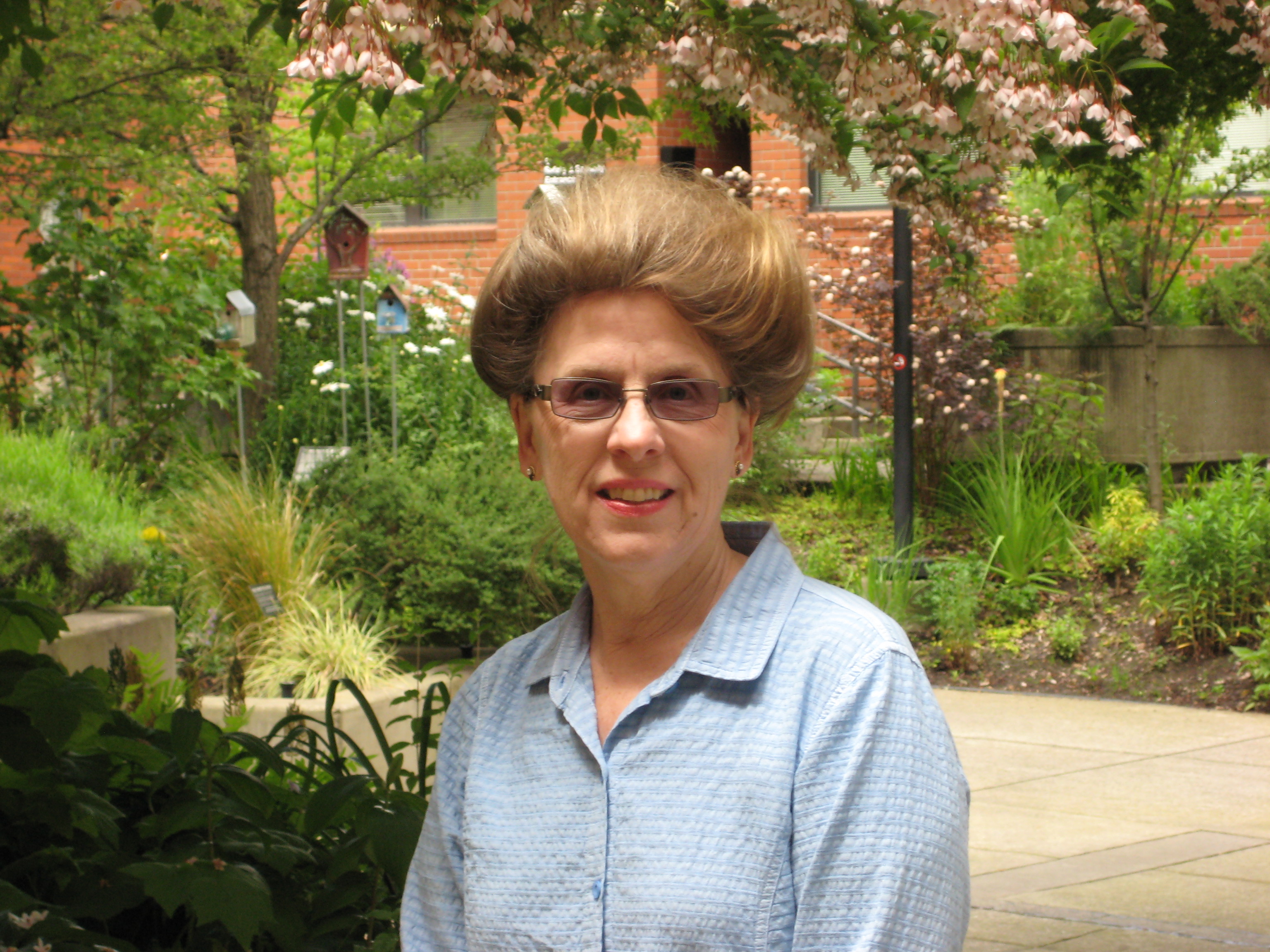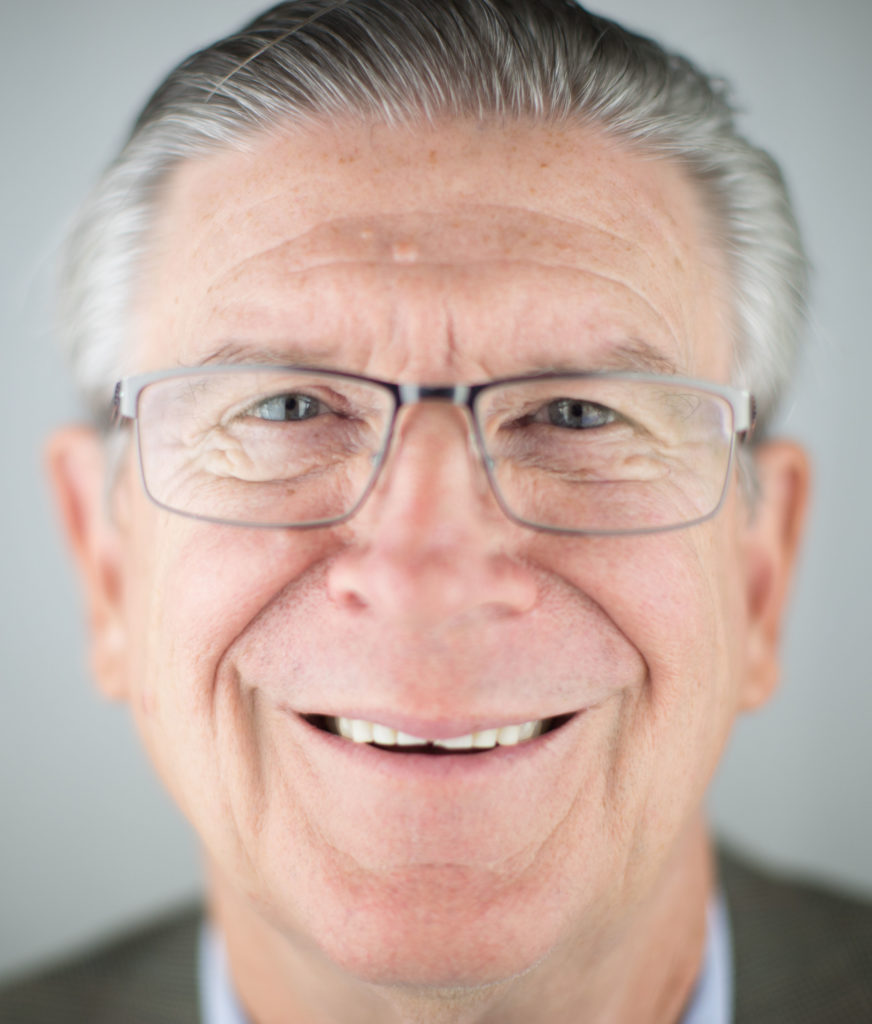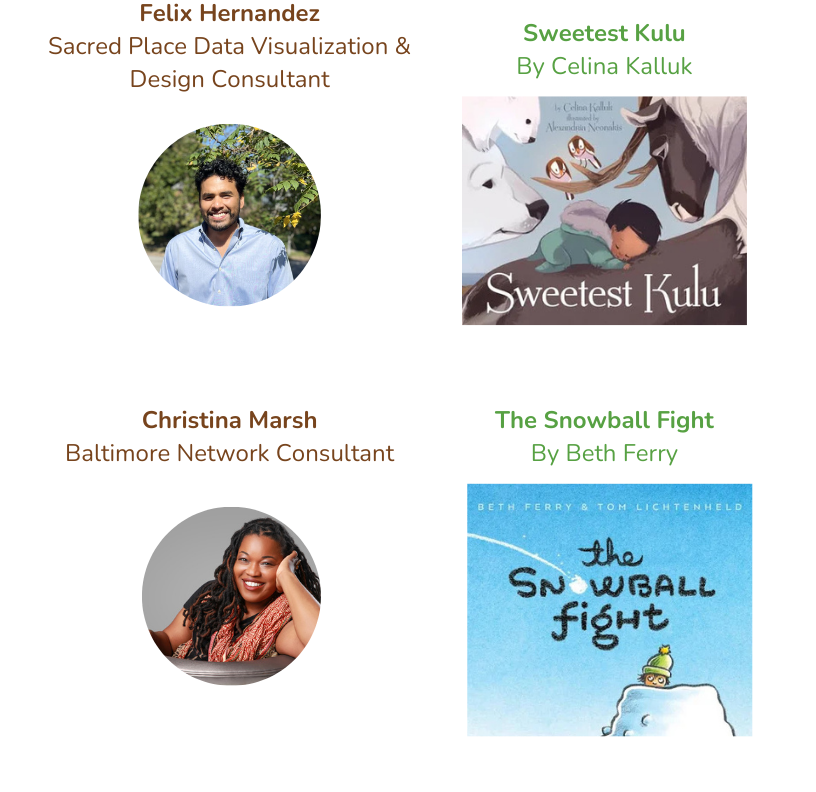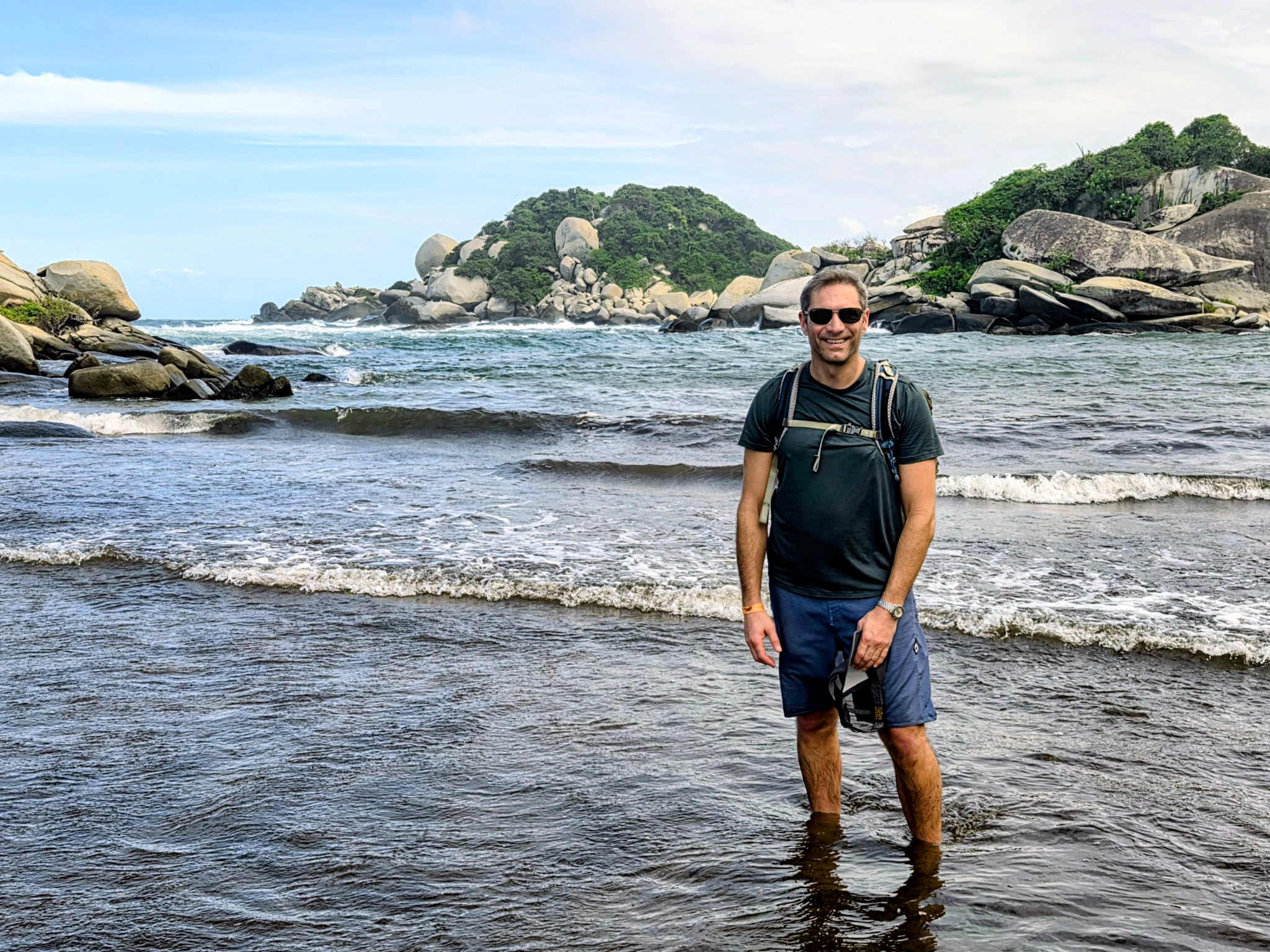Teresia Hazen
When it comes to horticultural therapy, Teresia Hazen, M.Ed., HTR, QMHP, is the real deal. She’s worked with Legacy Health in Portland Oregon as the coordinator of 12 therapeutic gardens at 8 hospitals since 1991; offers her services as a mental health professional, and is a forerunner for employee health promotion—and the field of horticultural therapy writ large.
In 2011, we were delighted to partner with Teresia as part of our Nature Sacred Awards research program, knowing she was just the person—the Firesoul—to steward, champion, and oversee the creation of a Sacred Place within the Legacy hospital system that we could study and research. Our goal has been to study the scientific benefits a Sacred Place can bring to healing patients, families, and staff.
“This is the right thing to do. It is our moral obligation to care for others, the environment and our larger universe. We can use nature to help all community members experience a healthier lifestyle.”
We asked Teresia what it was like—leading the creation of Sacred Place within a hospital system as large as Legacy’s. Unlike some of our other Sacred Places, this particular space needed to deliver measurement and empirical data to help us further advocate for green spaces in hospitals. Her role was critical in this.
“As a team of healthcare providers, researchers, and community members, we were motivated by the opportunity to conduct Legacy’s first research to study the benefits of hospital gardens.”
Teresia was the catalyst for this effort—working to bring out the best in all parties involved. She sought out champions, leaders, partners, and friends to engage in the larger mission at hand—and it worked. The space was built, years of research ensued, and the study results are coming in.
“The most rewarding part of my role as Firesoul is the experience of awe with our team’s expertise, dedication and work 2011 – 2018. The results and products exceed anything I could have imagined. We have helped contribute to the evidence-base for gardens in healthcare by studying topics where we could find no evidence-base. We look forward to teams across the US and internationally using conclusions and experience from our work as they conduct next studies.”






